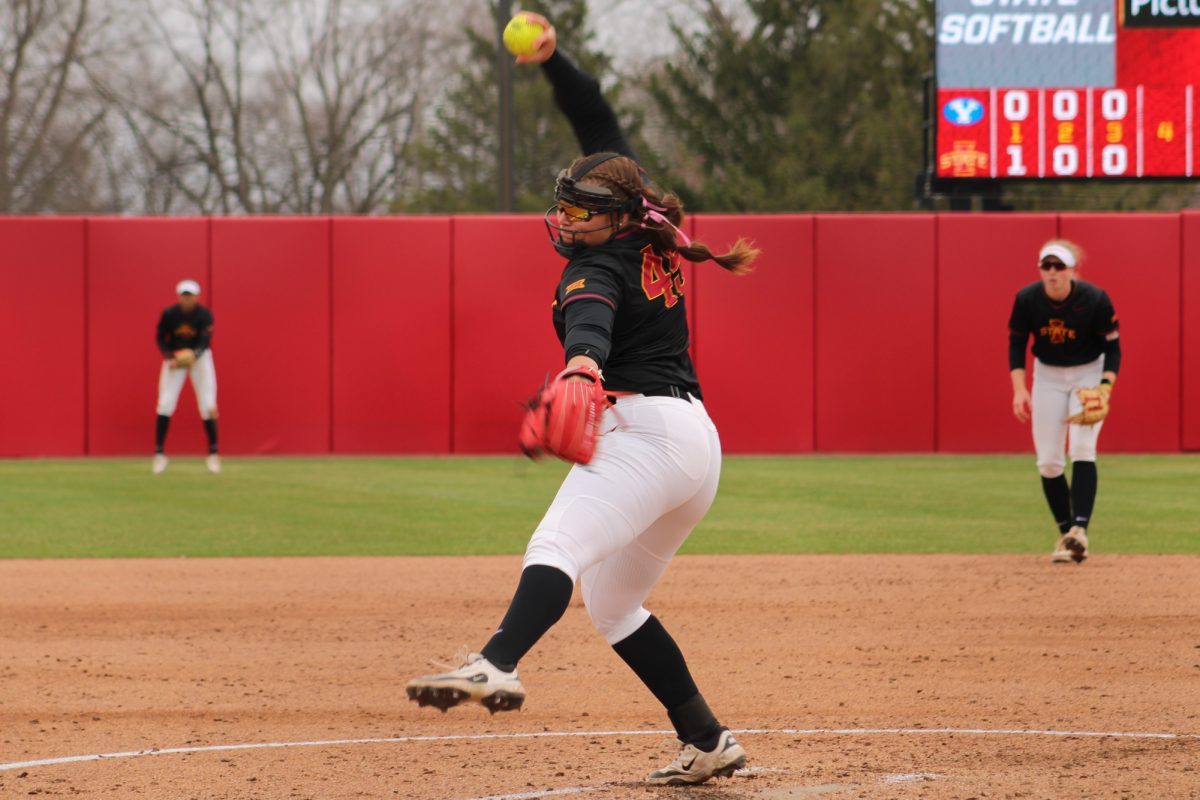Thirsty? Ames may be your best bet
January 26, 2005
For many people living in rural Iowa, tasting rusty water is nothing new. However, now with more rural water taps being put in to replace wells, cleaner water will be more readily available.
Greg Huff, interim chief executive officer of Iowa Rural Water Association, said the association is turning its focus to providing clean, rust-free water to the 20 rural water districts in Iowa. These districts serve more than 240 communities and serve rural areas in 60 of Iowa’s 99 counties.
Rural taps have sprouted up in many counties, and the numbers are up from 14,727 to 83,000 in the past four years. The taps are allowing communities like Stuart, population 1,712, and schools like Southeast Webster Community School to throw out the bottled water bottles and filters and drink straight from the tap, Huff said.
Story County is supplied with water from Xenia Rural Water District for the west side and Central Iowa Water Association for the east side. According to the Xenia Rural Water District Web site, there are 7,400 users on their rural water system, and there are approximately 2,900 miles of pipeline in the 9 counties besides Story County that Xenia provides water for.
Tom Neumann, director of the Ames Water and Pollution Control Department, said Xenia and the Central Iowa Water Association buy water from Marshalltown and Newton to be able to supply water to all of their customers.
“The water is better here in Ames than [Mechanicsville], but it still isn’t all that great,” said Faithe Doscher, freshman in animal science.
“It’s up to the individuals preference to how good the water tastes to them,” Neumann said.
Ames, however, does not have the problem of rusty water. Neumann said that in the past, Ames’ water has been sent in for taste testing and has come out in the top five in the nation for two years running. Neumann said the reason the water was ranked so high was because of the source of water that Ames receives.
The Ames water plant gets its water from underground aquifers and wells that are located around and under the Skunk River Valley. Sand and gravel deposits act as a natural filter, which makes higher quality water than regular wells.
Neumann said the Ames treatment plant provides water for the corporate city limits of Ames. There is one area outside of Ames that the plant does sell water to, but that area distributes and sells the water itself. No matter what the source of water, Neumann said, all the water treatment plants in Iowa meet all safety and bacterial testing criteria. Even with all of the rural taps and companies spreading their supplies, there are still private wells in use around the state. Private homes, farms and some small housing developments are using water from these private wells.






